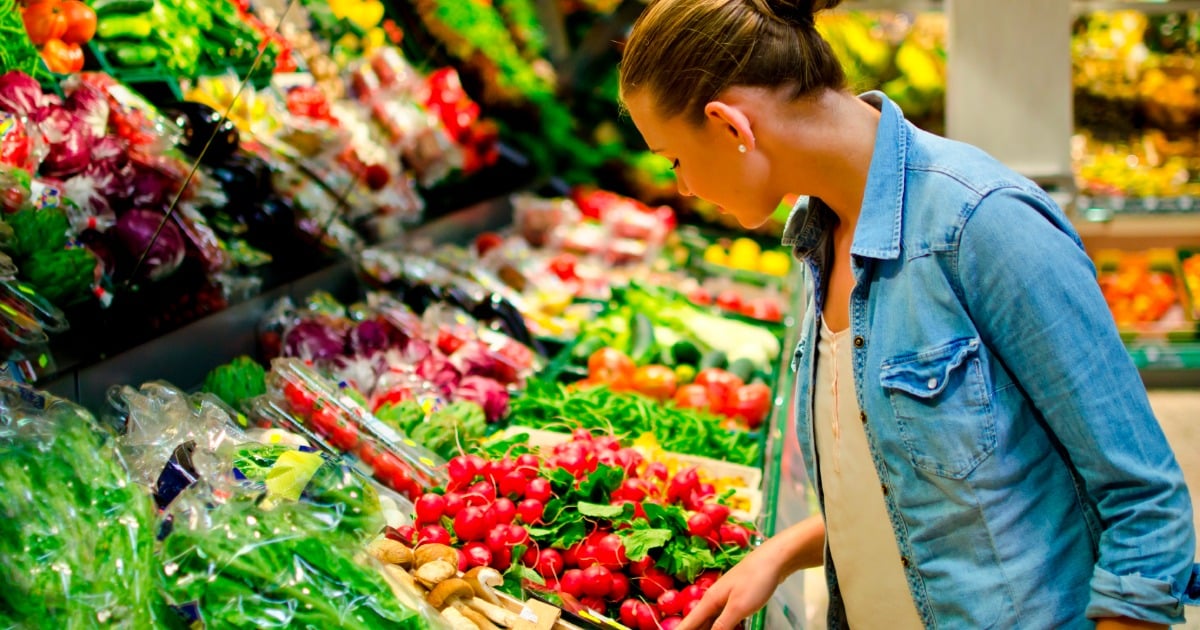
Hormones are the chemical messengers of the human body and influence every process, including growth, weight, energy levels, sleep and fertility. Balanced hormones help combat stress and anxiety, relieve depression and optimise health.
Most women live under the influence of hormones changing on a monthly cycle. The foods we choose to eat during these cycles can support healthy hormone balance that can lead to increased energy, better moods and healthy weight maintenance.
Try eating with your cycle for three months and assess your mood, health and energy.
During your period: Day one until the end of bleeding
This is a time when many women feel hormonally imbalanced, and tired, crampy, bloated or moody as a result. During this stage, blood loss requires lots of iron-rich and vitamin C foods to restore your depleted stores.
Excellent food sources of iron include red meat, asparagus, chard, spinach, thyme, turmeric and cumin seeds. Vitamin C helps to increase the absorption of iron and keep the blood vessels strong – good choices include red capsicum, broccoli, strawberries, kiwi fruit, tomatoes and citrus.






























































































